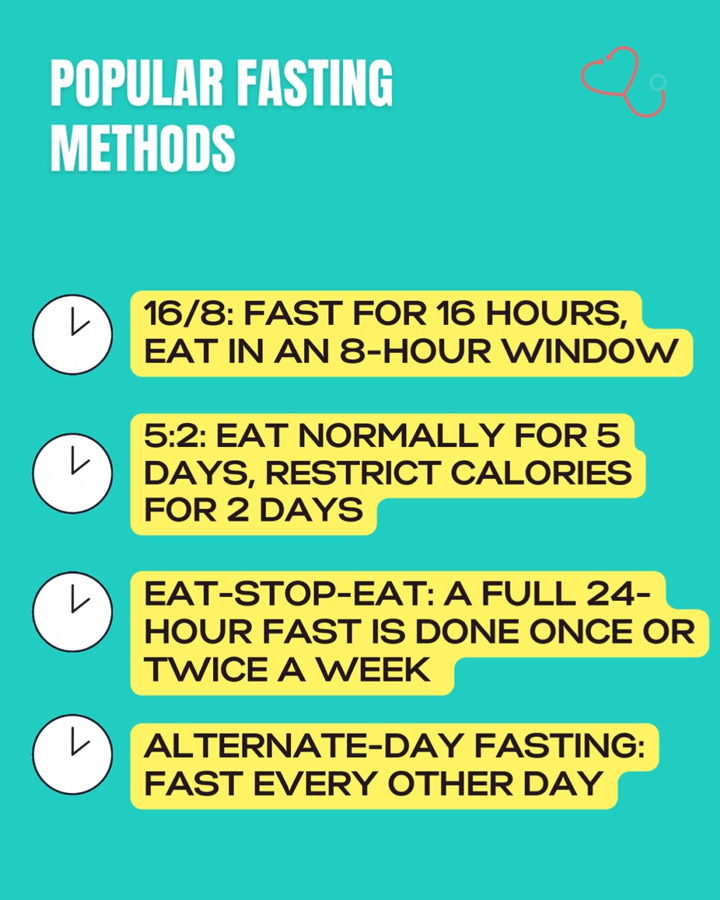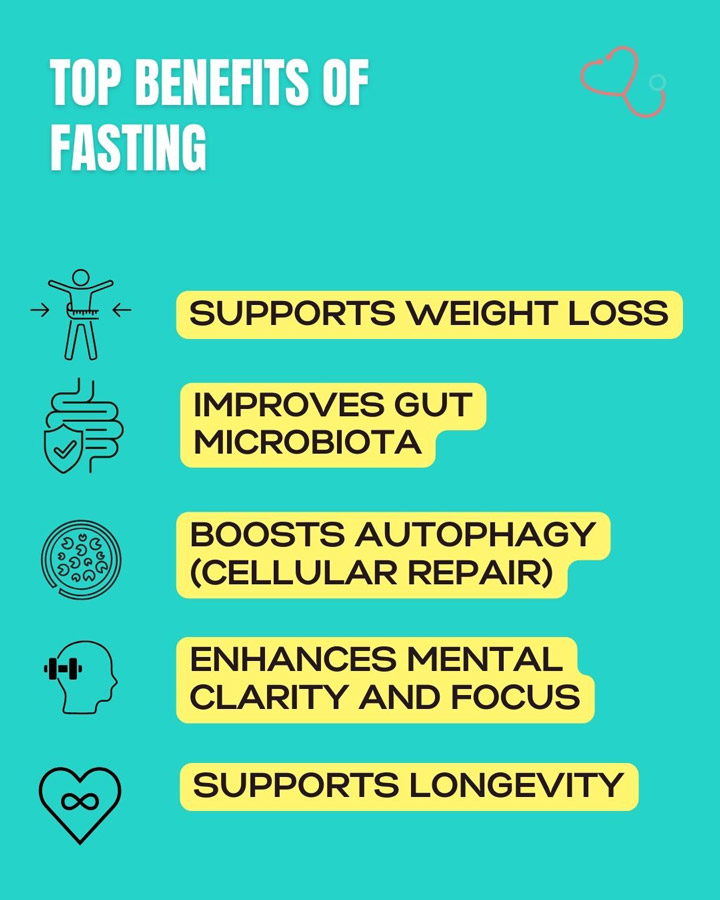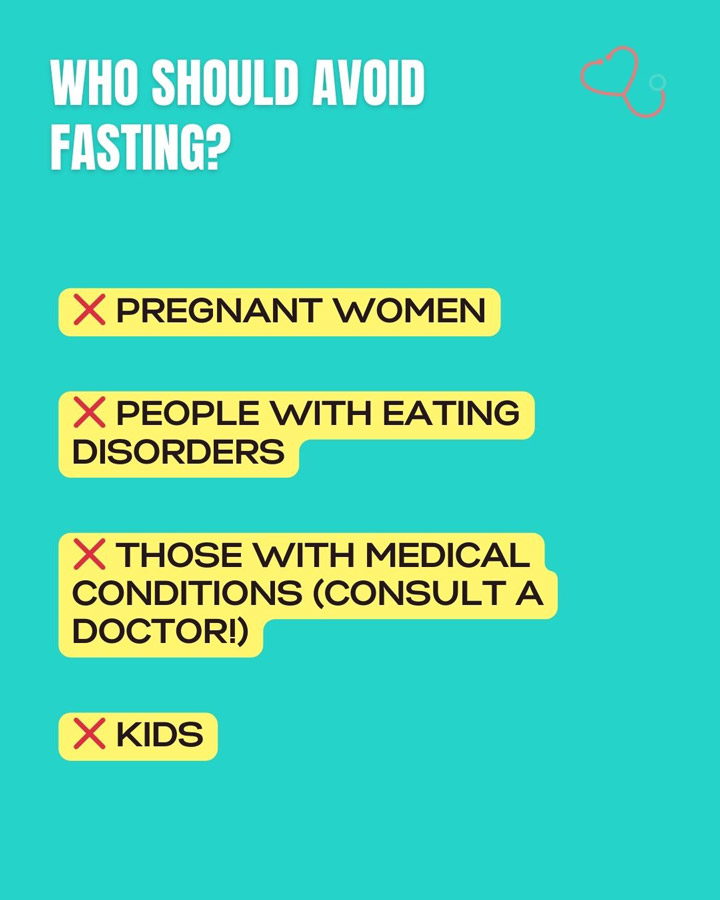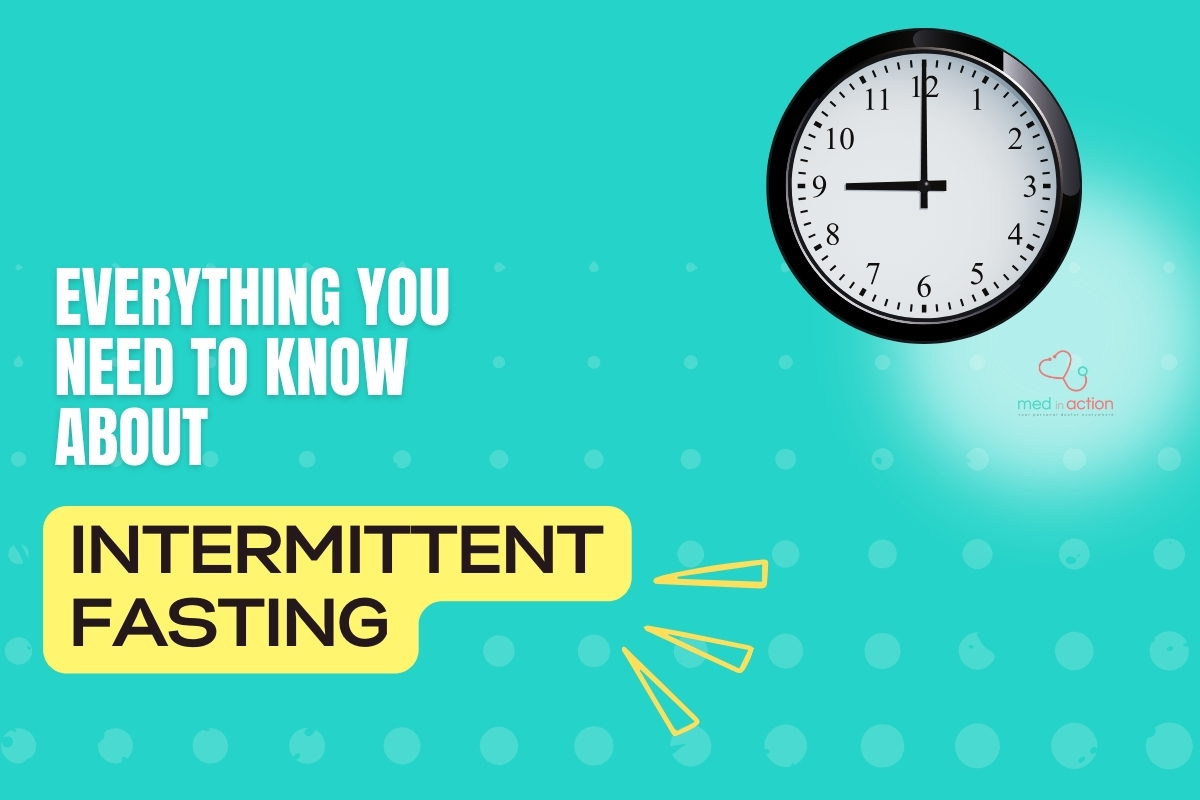Intermittent Fasting: A Powerful Health Tool or Just Another Diet Trend?
Fasting has been practiced for centuries, both for religious and health reasons. Today, intermittent fasting (IF) is one of the most debated dietary strategies, with studies suggesting potential benefits for metabolism, longevity, and overall health. But does it really work?

The Main Types of Intermittent Fasting
There are several types of intermittent fasting, each with its own specific characteristics:
- Time-Restricted Eating (TRE): Eating is confined to a specific time window, such as the 16:8 method, where you fast for 16 hours and eat within the remaining 8 hours.
- 5:2 Fasting: You eat normally for five days a week, while on the other two days, caloric intake is restricted to about 500-600 kcal/day.
- Eat-Stop-Eat: A full 24-hour fast is done once or twice a week, with no specific restrictions on other days.
- Alternate Day Fasting (ADF): Alternating between total or partial fasting days and normal eating days.

Benefits and Mechanisms of Fasting
Fasting triggers biological processes that may promote health:
✅ Improved metabolism: The body learns to use fat stores for energy, leading to potential weight loss benefits.
✅ Gut health: The gut microbiota is rebalanced, improving digestion and immunity.
✅ Autophagy: The body eliminates damaged cells, which may have anti-aging effects.
✅ Potential effects on disease and aging: Some studies suggest that fasting may slow aging and enhance cancer treatments, but more human research is needed.
Breakfast or Dinner? Skipping Dinner Might Be Better
Many intermittent fasting practitioners take advantage of overnight fasting, often skipping breakfast. However, skipping dinner may be a healthier option, as studies indicate that people who skip breakfast have a higher risk of developing cardiovascular and metabolic diseases. The body is more efficient at processing nutrients in the morning, whereas in the evening, it is more likely to store fat and sugar.

Risks and Contraindications
🚨 Not suitable for everyone: Children, pregnant women, individuals with eating disorders, or those with conditions such as anemia, low blood pressure, or gastrointestinal issues should avoid fasting.
🚨 Increased risk of gallstones: Fasting for more than 14 hours per day may raise the risk.
🚨 Possible food obsession and energy crashes: Overly aggressive fasting can lead to unhealthy eating behaviors.
How to Start Safely
🔹 Start gradually, for example, with a 12-hour fast before extending the duration.
🔹 Maintain a balanced diet during eating periods, avoiding junk food binges.
🔹 Support your workouts by ensuring proper nutrient intake to preserve muscle mass.
Intermittent fasting can be a useful tool, but it is not a one-size-fits-all solution. It works best when practiced mindfully and sustainably. Before starting, consult a nutrition specialist (LINK BELOW).




